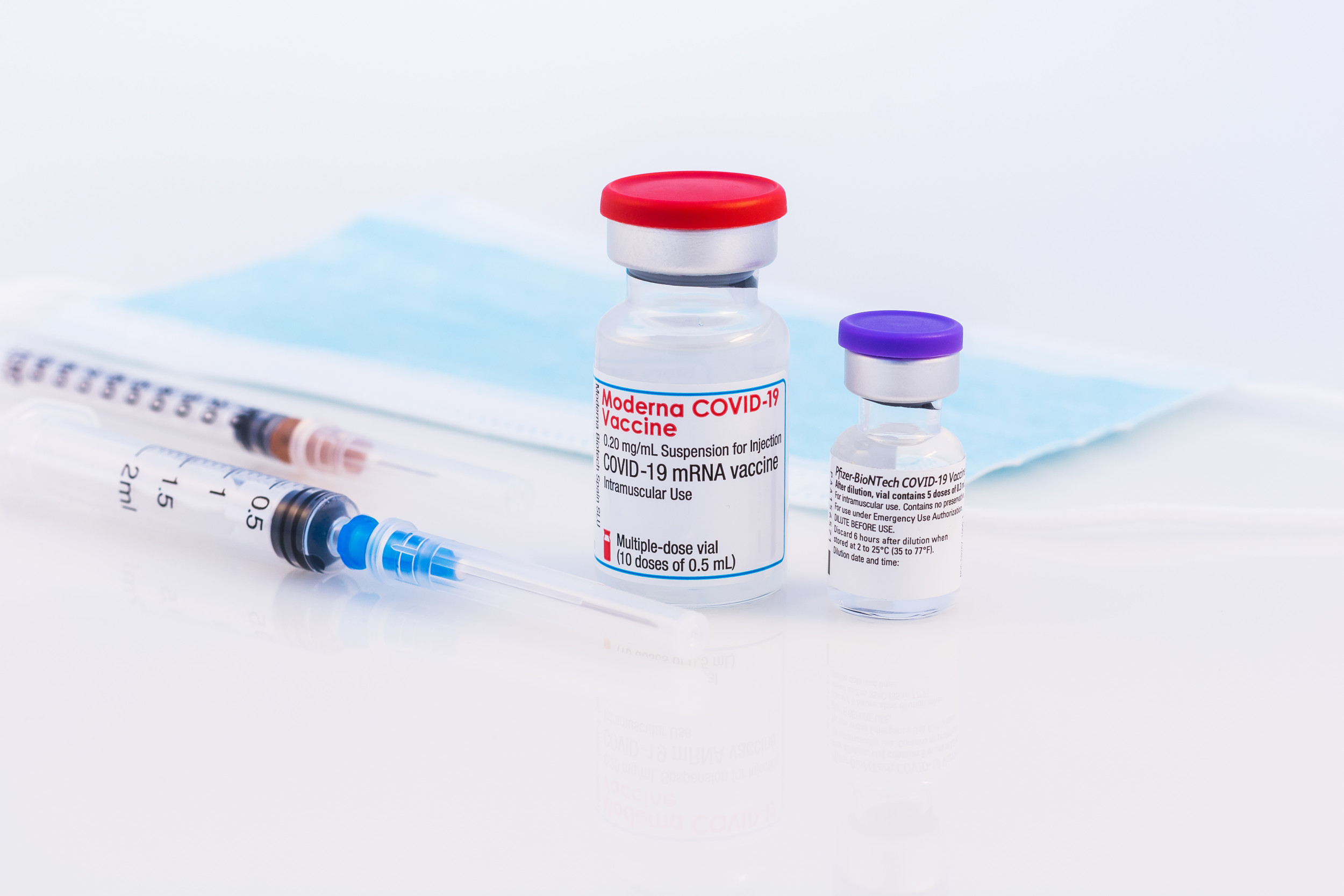Due to the recent end of the federal Bridge Access program, many Americans without health insurance will soon face a $200 fee for COVID-19 vaccines.
Previously, the Bridge Access program offered no-cost COVID-19 vaccines to uninsured adults and those whose insurance did not fully cover the shots. Unfortunately, it has run out of funding, leading Congress to eliminate it.
As part of a budgetary agreement to prevent a government shutdown, Congress trimmed $6.1 million from COVID emergency funds and turned down a Biden administration initiative to keep vaccinations free.

With the latest COVID vaccine available to combat the Omicron variant, approximately 25 million Americans will be impacted by these new costs.
On a positive note, the Vaccines for Children program will continue offering complimentary vaccines for eligible minors.
The Bridge Access Program was initiated in September 2023 and overseen by the Centers for Disease Control and Prevention (CDC).
Current COVID-19 Situation in the U.S.
COVID-19 cases have risen recently and are expected to climb further as flu season approaches. According to the CDC, the national test positivity rate stands at 17%. In several states, including New Mexico, Texas, and Oklahoma, that rate hits a high of 19.1%.
Additionally, the CDC notes that the national wastewater level for COVID-19 is currently “very high,” which means ongoing surveillance in wastewater can help predict outbreaks.
Amidst this surge, the FDA has approved updated vaccines from Moderna and Pfizer.
CDC COVID-19 Guidelines
The CDC advises everyone aged 6 months and older to get the updated vaccine for 2024-2025—this recommendation applies regardless of past COVID-19 infections or vaccinations. Studies indicate that these vaccines reduce the chance of hospitalizations due to COVID-19 by about one-third.
The Department of Health and Human Services has also rolled out the “Risk Less. Do More.” campaign to raise awareness about getting vaccinated, especially in high-risk areas.
For those who test positive for COVID-19, the CDC recommends staying isolated from others for at least 24 hours after symptoms and fever have subsided. Even after this, individuals should continue practicing precautions such as wearing masks, maintaining distance, enhancing hygiene, and getting tested for respiratory illnesses.
